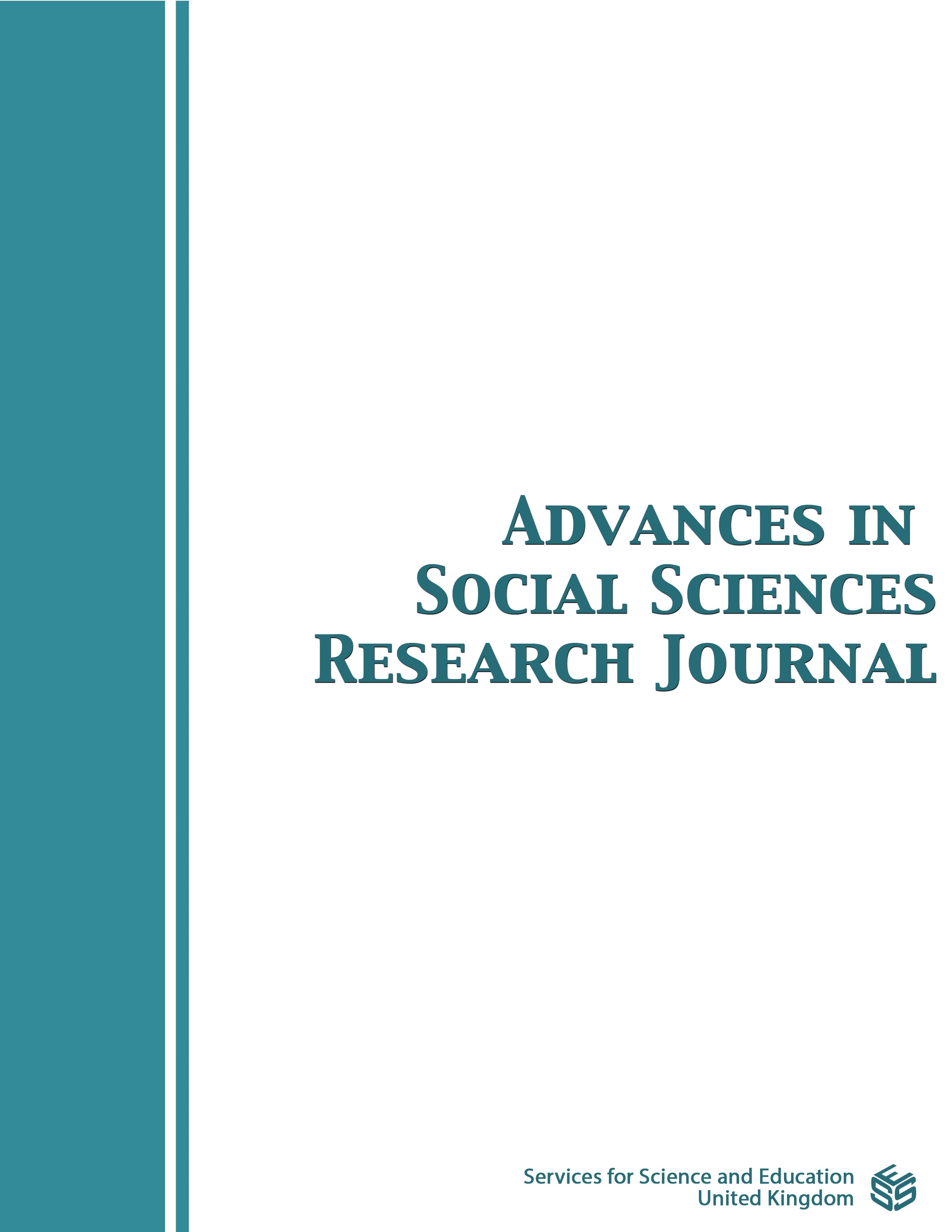Ability in Intellectual Disability: The Culture of Inequality in Nigeria and Other Jurisdictions
DOI:
https://doi.org/10.14738/assrj.109.15459Keywords:
Intellectual Disability, Rights to Health, Right to Education, Down syndrome, AutismAbstract
This paper examines the disputable issue of the culture of inequality in providing legal protection for children living with intellectual disabilities. It argues the disparity in the provision of educational and health services for persons living with intellectual disabilities by the Nigerian Government and identifies the gaps in the provisions of Sections 20 and 21 of the Nigerian Discrimination Act. These deficiencies obscure the ability of children living with disabilities (Down syndrome and Autism), which culminates in a domino effect from delayed intervention. It draws a comparative analysis from the United Kingdom and the United States of America as a standard for innovative legal frameworks in Nigeria. It concludes that non-governmental organisations must collaborate with the government to ameliorate Nigeria's poor education and health care, with a differential detour that rights to free education and health care for those with intellectual disabilities be justiciable for the Act's practicability.
Downloads
Published
How to Cite
Issue
Section
License
Copyright (c) 2023 Francis Nnamdi Ukoh, Eberechi Catherine Ukoh, Joseph Nwanzi

This work is licensed under a Creative Commons Attribution 4.0 International License.
Authors wishing to include figures, tables, or text passages that have already been published elsewhere are required to obtain permission from the copyright owner(s) for both the print and online format and to include evidence that such permission has been granted when submitting their papers. Any material received without such evidence will be assumed to originate from the authors.






